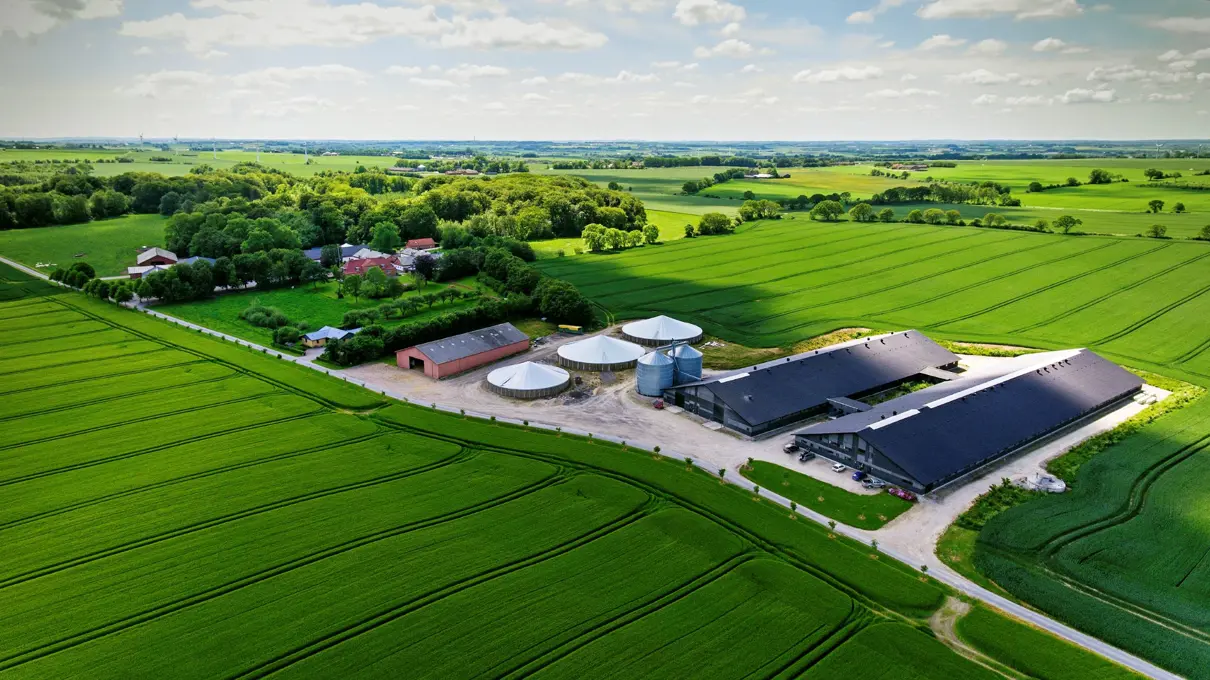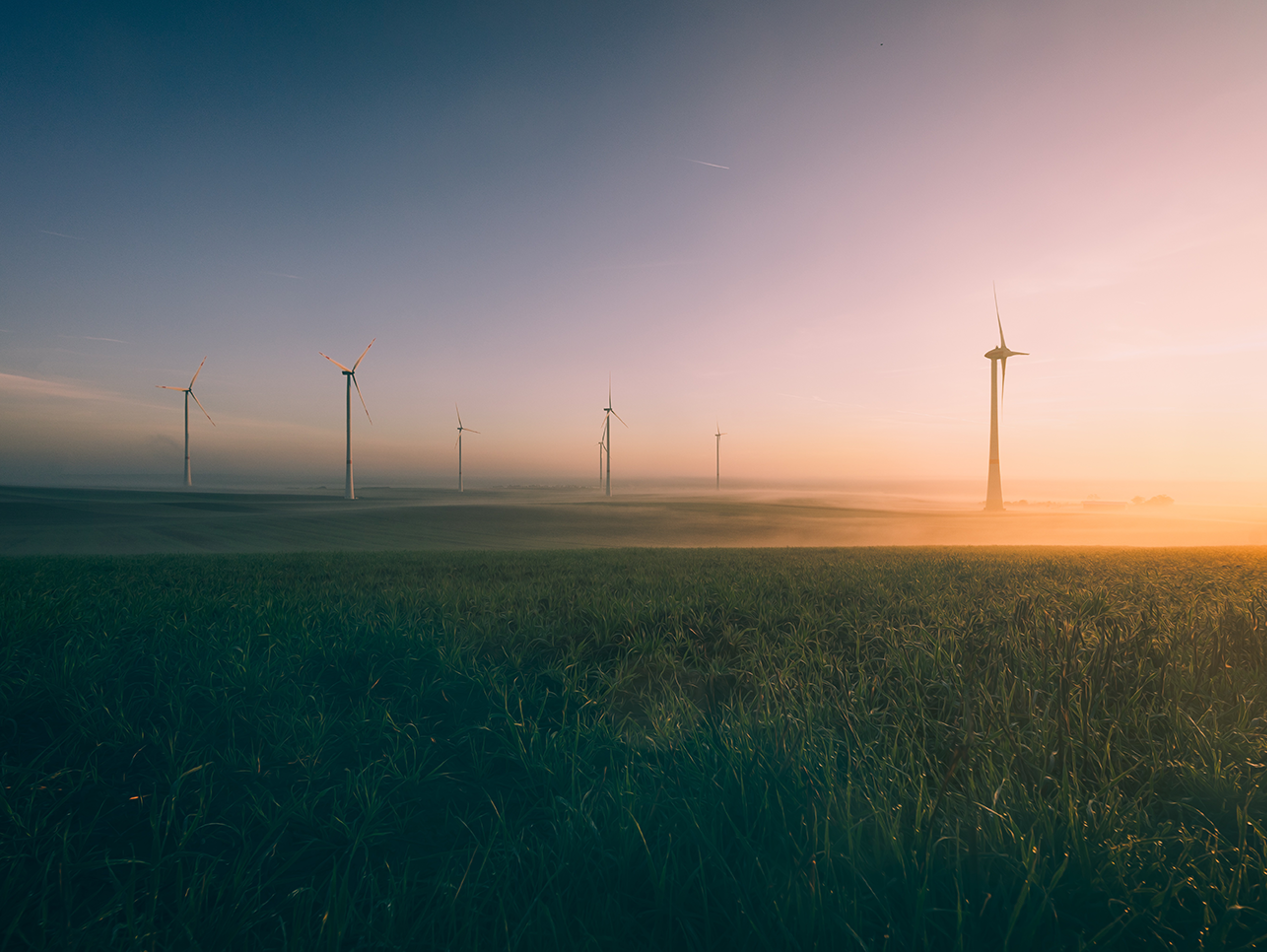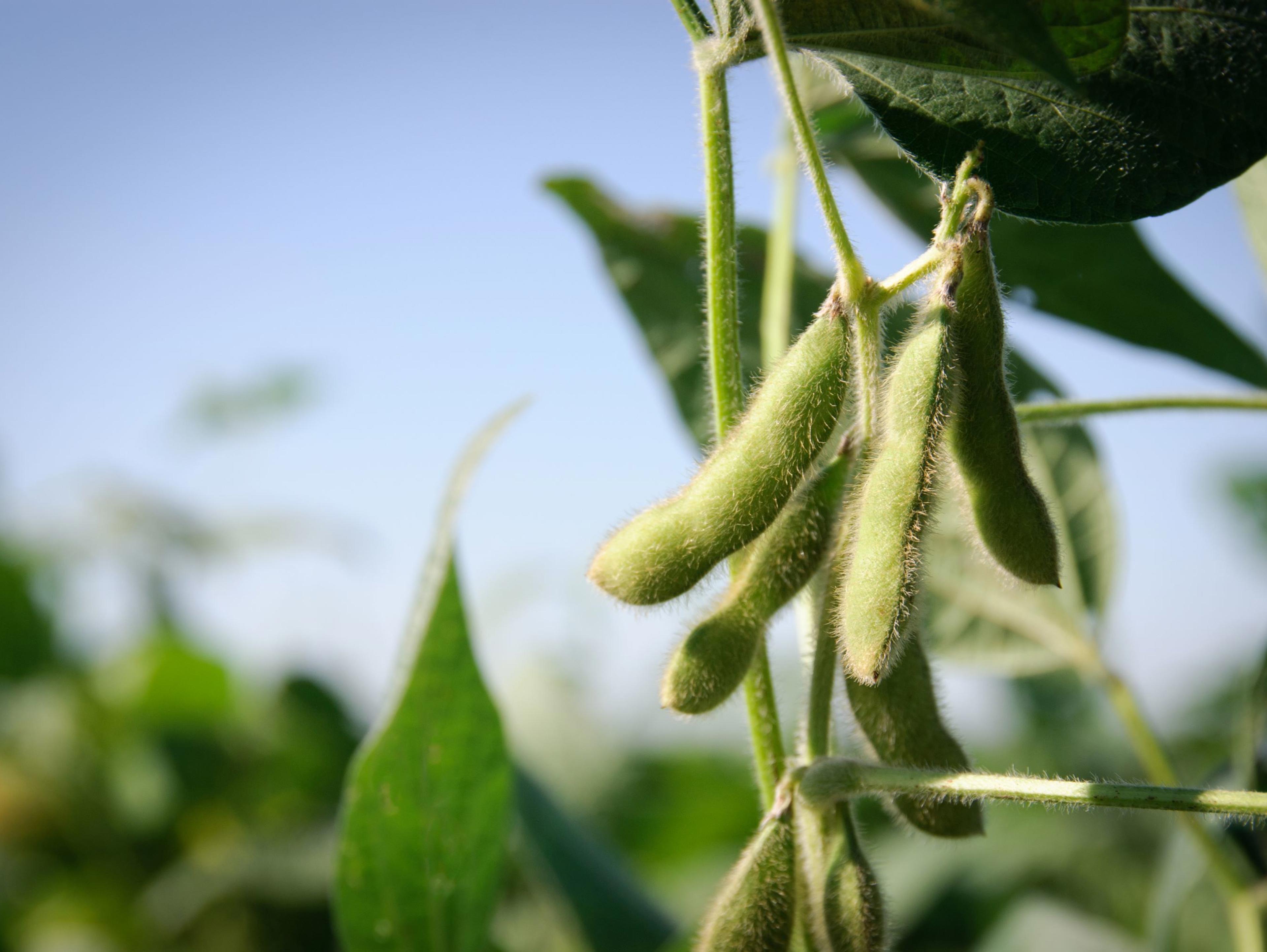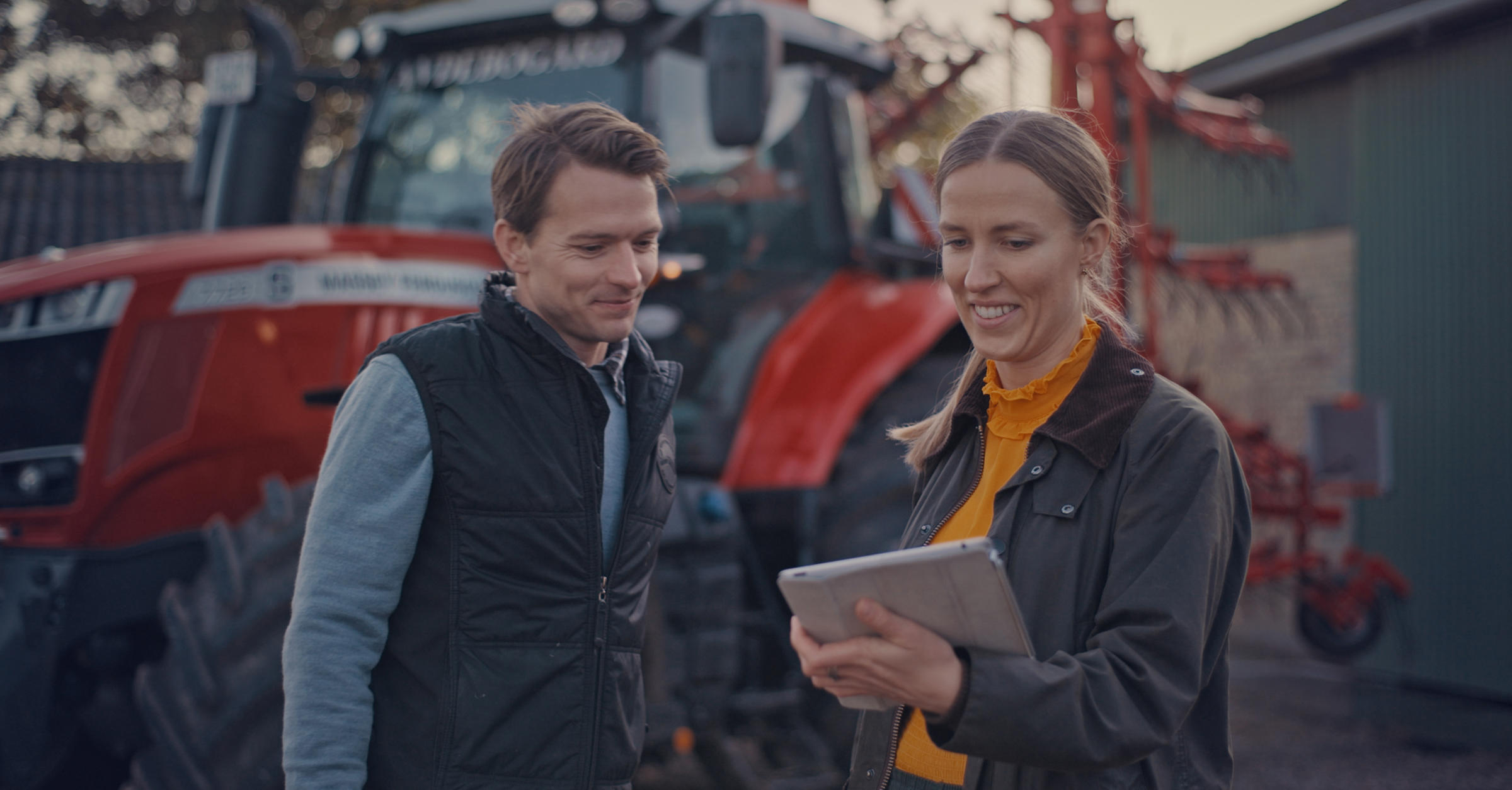
Part of the Climate Track
Our goal is for all our farmer owners and contract suppliers of slaughter animals in Denmark, Sweden, Poland and Germany to be enrolled on the Climate Track. T
oday, 74% of the pigs and cattle supplied directly to Danish Crown is from farmers, where part of the Climate Track. This includes all farmers supplying Danish pigs. And the roll out will continue.
A unique set-up
In the Climate Track farmers share their production and various ESG data with Danish Crown and in return, they get individual climate footprint calculations compared to a Danish Crown national average.
The collected data is incorporated in our scope 3 calculations of greenhouse gas emissions, which are therefore more precise. And this helps us reach our shared efforts to reduce the climate impact at farm level.
What is part of the Climate Track?
Pig and cattle producers under the Climate Track collect and systematically record data and information about their farms, focusing on sustainability parameters such as the following. Currently, the parameters for which a particular farmer collects data depend on their country and animal type.
Climate
- Production efficiency
- Feed composition
- Production of feed crops
- Livestock housing systems and technologies
- Slurry handling and biogas
Social responsibility
- Workplace assessments
- Employment contracts
Animal welfare
- Diseases and mortality
- Use of antibiotics
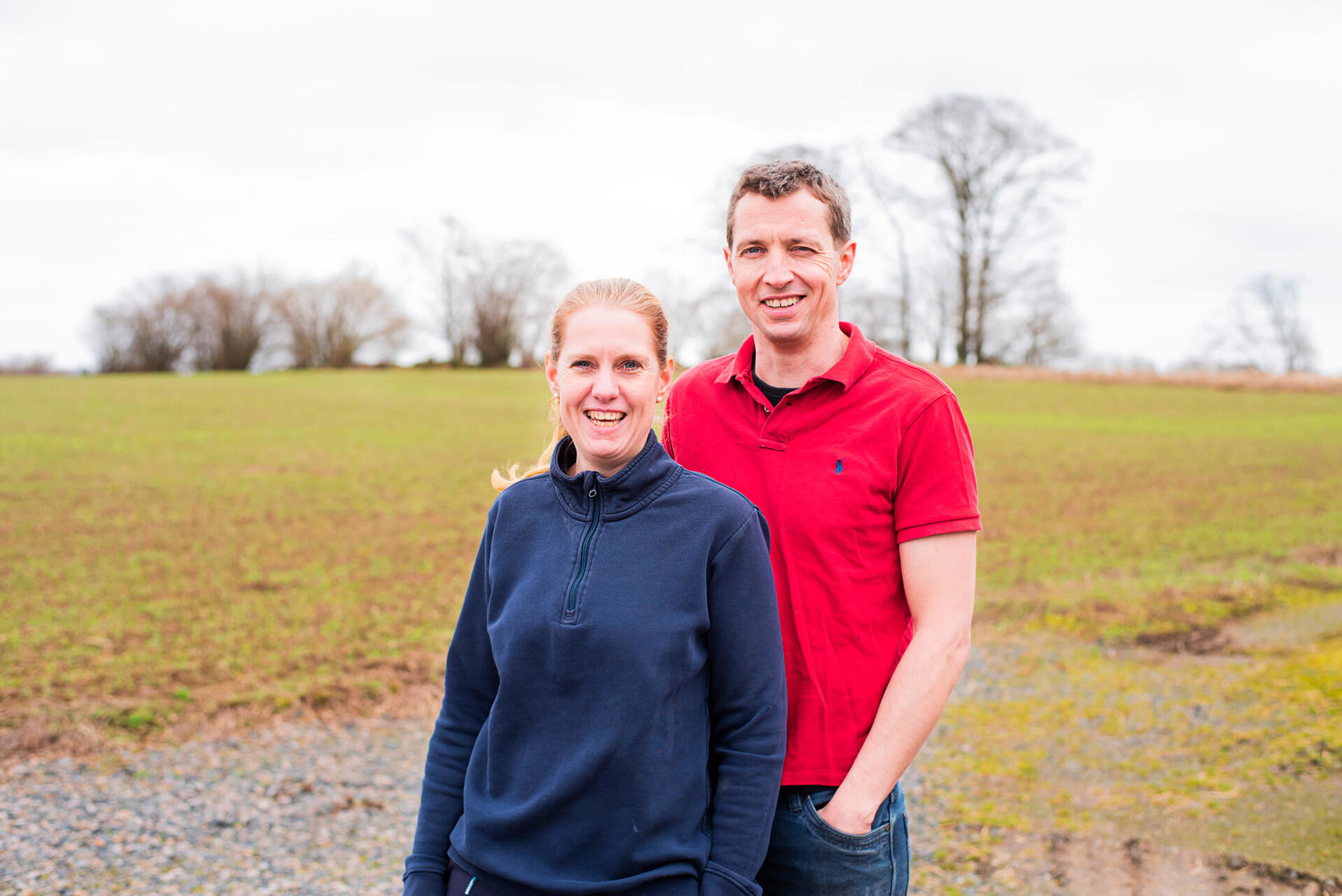
Ida and Jacob are part of the Climate Track
Ida and Jacob run an integrated farm with 300 sows in Önnestad, Sweden, and supply slaughter pigs to KLS – our Swedish business unit. Over the years, they have made several changes including producing their own feeds and building energy efficient stables made partly from recycled, durable materials. These improvements have led to an improved pig production. Hence, it was also a natural next step for the couple to join the Climate Track in early 2022.
